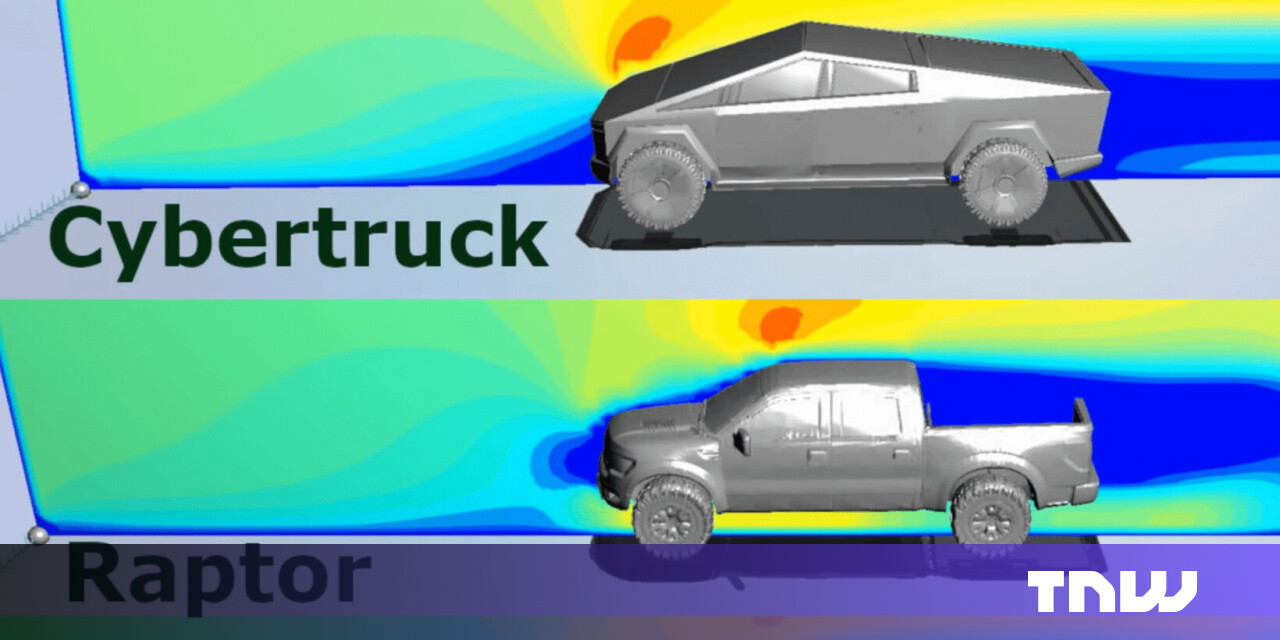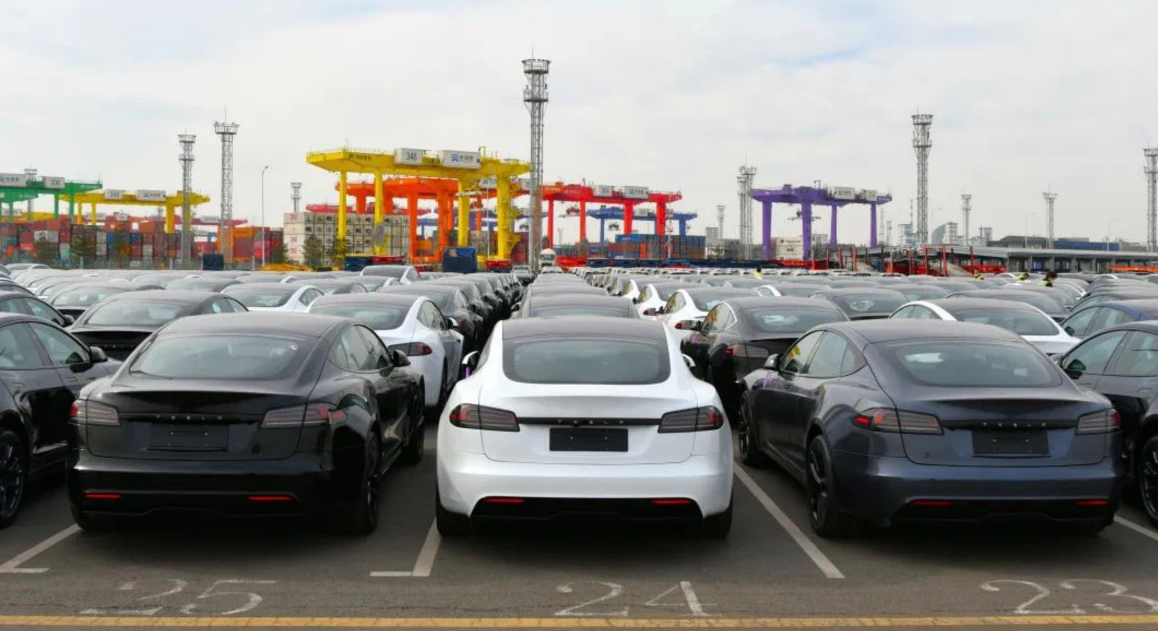Member States are effectively banning ICE anyway, regardless of EU laws. Great example is here in Belgium, as reported by @NicoV where most new cars are company cars and tax deductibility is being phased-out for anything other than zero emissions. This has the effect of making ICE vehicles unattractive from a taxation perspective, but also way more expensive due to the reduces residual values, which then get factored into a higher lease costThe German and Italian governments are fighting a lost battle. They may succeed in adding an addendum to the ban, leaving an opening for the sale after 2035 of cars which run on synthetic fuel (not gas or diesel). But many German and French car manufacturers have already reiterated their decisions to phase out combustion engines by 2030 or 2035. More important: it takes 6-7 times more electricity to produce the synthetic fuel needed to travel the same distance as an electric car, making synthetic fuel not only very environmentally unfriendly but also very expensive. So even if the sale is still allowed, no one will buy this fuel nor the cars which are able to use it.
The main cities are progressively banning older ICE from entering, there are cameras recording number plates and fines issued as necessary, these rules tighten with every passing year
Finally, the people will vote with their € - not many that drive an EV then don't want one, and as the prices reduce it becomes a no-brainer







